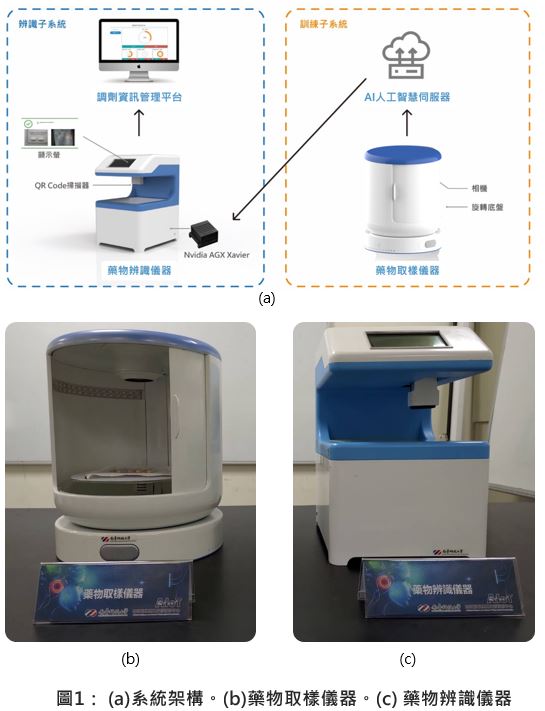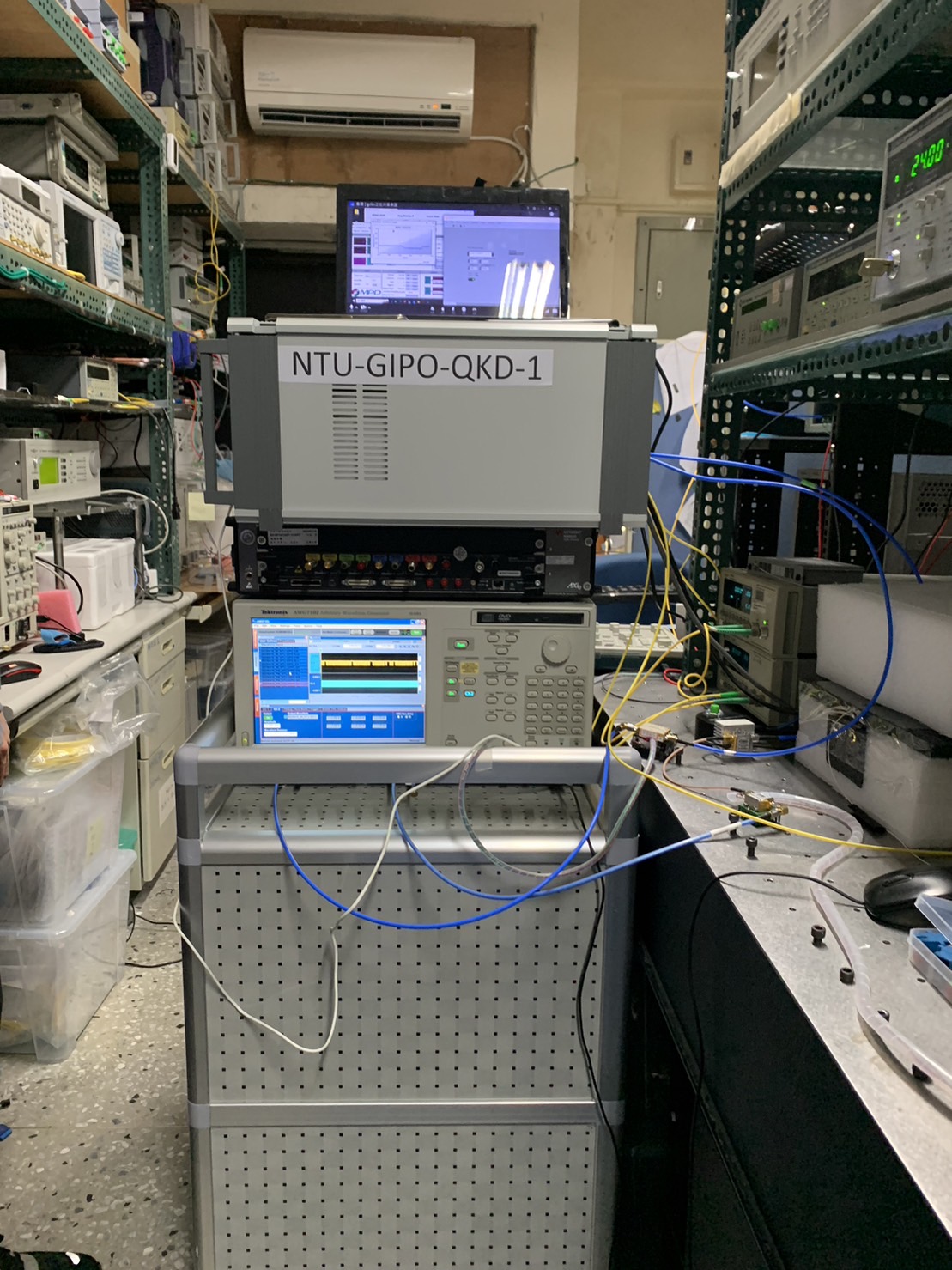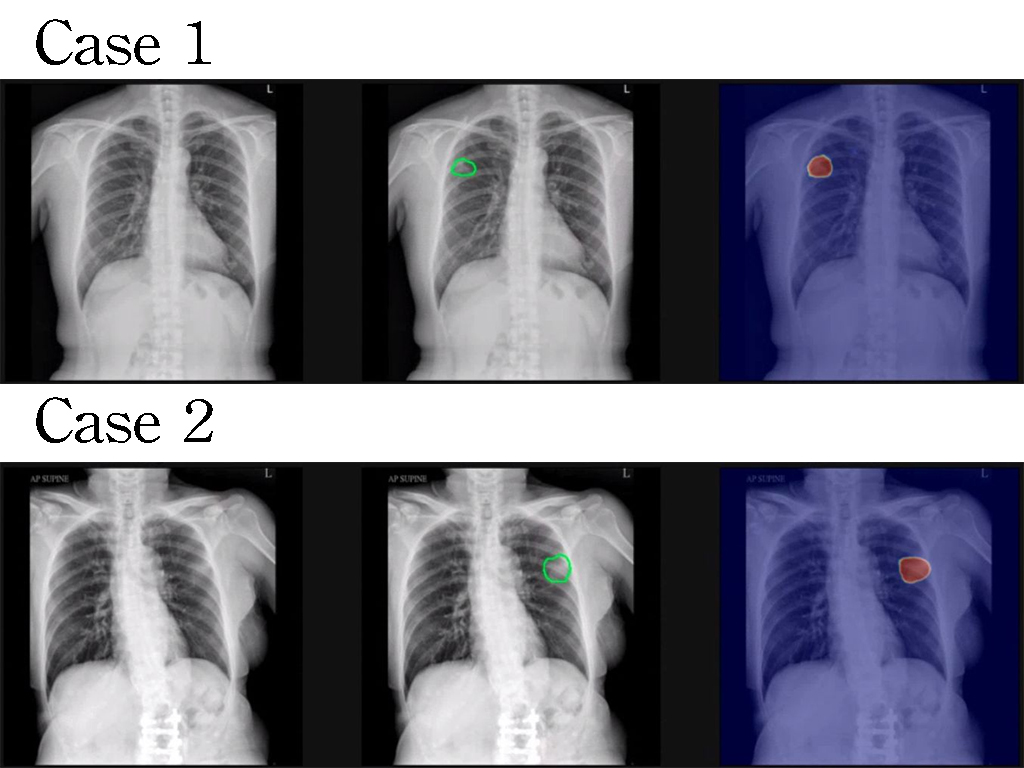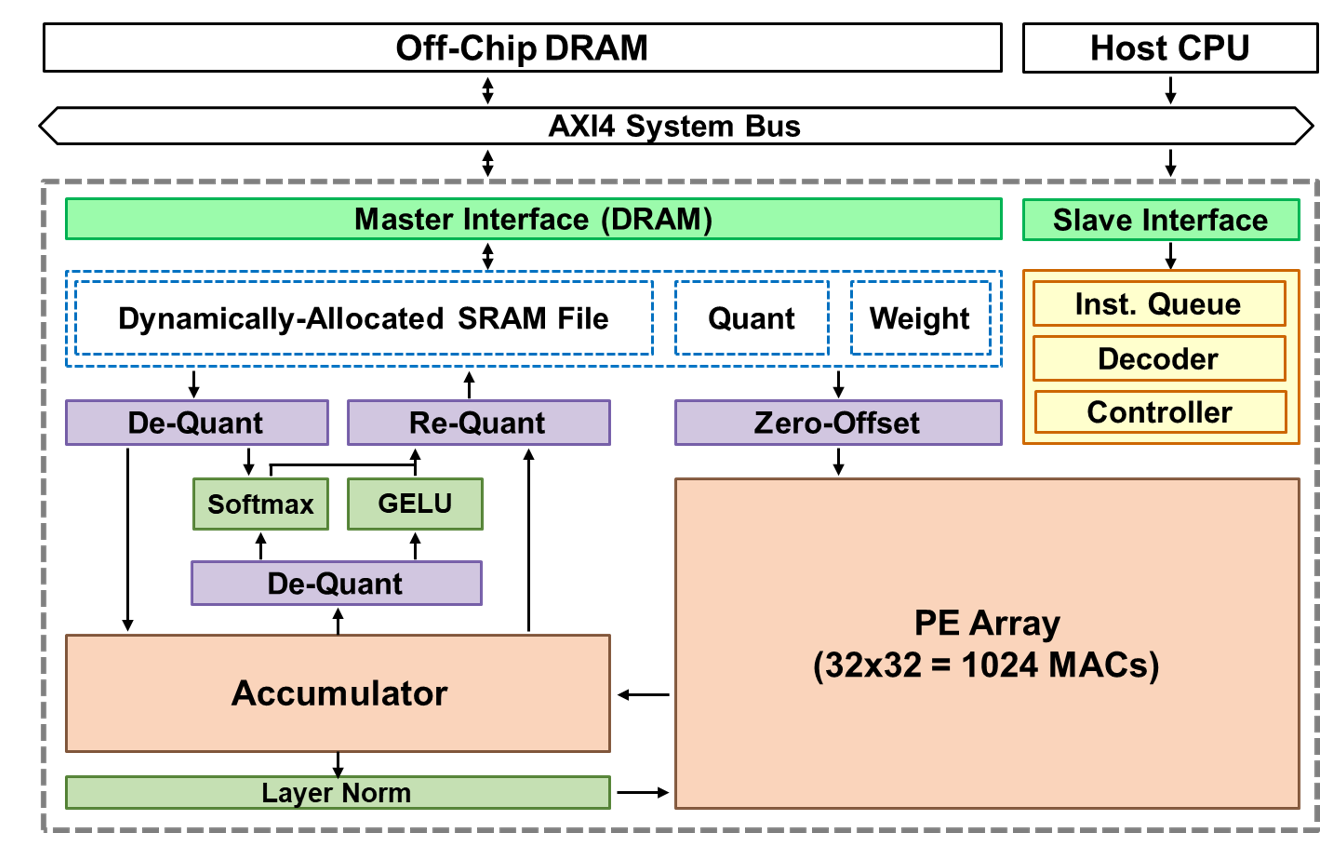| 技術名稱 | 薑黃素衍生物35d以治療EGFR突變TKI抗藥性肺癌 | ||
|---|---|---|---|
| 計畫單位 | 中國醫藥大學 | ||
| 計畫主持人 | 李培志 | ||
| 技術簡介 | 以多重藥物篩選與化學合成策略發展出的新穎小分子抗癌藥物35d,可有效減少多種突變EGFR蛋白表現量,並阻止多種EGFR抑制劑抗藥性肺癌細胞生長。臨床前實驗證實,單獨使用35d比最新一代EGFR抑制劑更有效減緩抗藥腫瘤生長,與EGFR抑制劑合併使用則可延緩腫瘤復發,延長EGFR抑制劑使用時間。 |
||
| 科學突破性 | 目前臨床上使用無有效治療EGFR突變、抑制劑抗藥性肺癌的藥物。本技術發展之小分子藥35d可有效降低抗藥性肺腫瘤中EGFR蛋白總表現量、克服此腫瘤抗藥異質性,因而達到治療此類抗藥性肺癌的目的。本研究發展新穎小分子藥物35d抑制EGFR蛋白總表現量的策略為科學上的突破,並具未來臨床應用的潛力。 |
||
| 產業應用性 | 本技術產品適應症為EGFR突變、抑制劑抗藥性肺癌。亞洲約50、歐美國家約15非小細胞肺癌病人具EGFR突變,此類病人在一線EGFR抑制劑治療後幾乎全因產生抗藥性而復發,全球每年超過37萬復發病人將適用本產品。本產品也將可與一線EGFR抑制劑合併使用,可望延長EGFR抑制劑使用時間。 |
||
| 關鍵字 | 35d 表皮生長因子受體 抗藥性 小分子藥 抗癌藥 肺腺癌 表皮生長因子受體抑制劑 全合成藥物 復發肺癌 腫瘤異質性 | ||
- 聯絡人
- 李培志
- 電子信箱
- antiolde333@gmail.com















